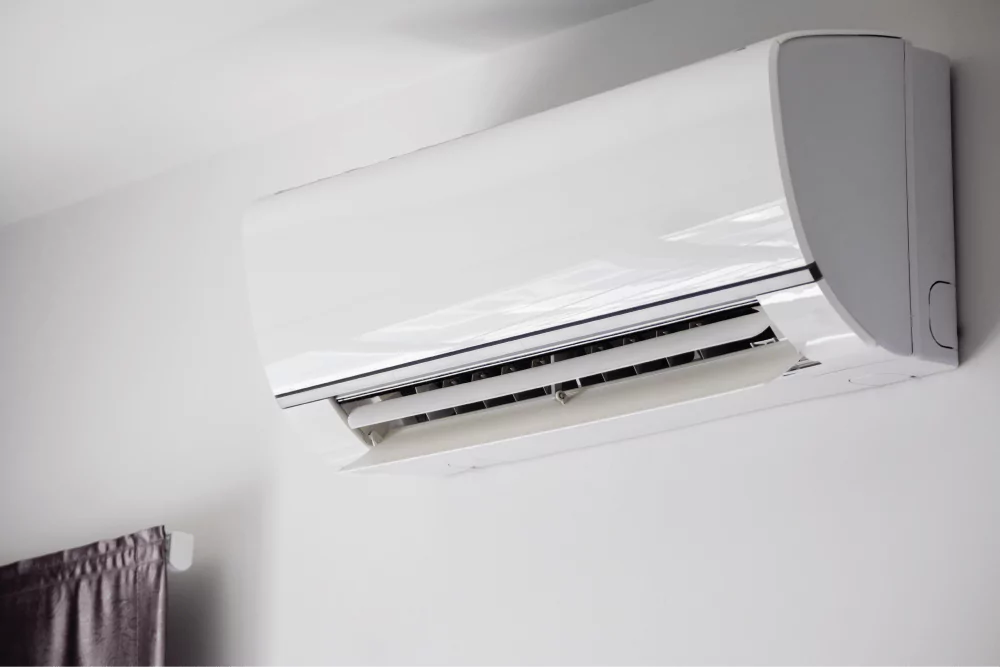
In the realm of HVAC system management, maintaining the right balance of humidity is often an overlooked yet critical aspect. Humidity levels play a pivotal role in indoor comfort, energy efficiency, and overall well-being. In this blog post, we’ll delve into the importance of humidity management within your HVAC system, exploring how it impacts both your comfort and the efficient operation of your heating and cooling systems.
Understanding Humidity’s Impact
Humidity refers to the amount of moisture present in the air, and it significantly influences how we perceive temperature. High humidity can make a room feel warmer than it actually is, while low humidity can make it feel cooler. Striking the right balance is essential for achieving optimal comfort and energy efficiency.
Comfortable Indoor Environments
Maintaining the right humidity level is crucial for creating comfortable indoor spaces. Excessively high humidity can lead to a muggy and uncomfortable atmosphere, while overly dry conditions can cause discomfort, skin irritation, and respiratory issues. Achieving the right balance ensures a pleasant and healthful indoor environment.
Energy Efficiency Considerations
Humidity levels directly impact your HVAC system’s energy efficiency. During the cooling season, excessive humidity makes your space feel warmer, prompting the need for additional cooling. Conversely, in the heating season, low humidity can make a room feel cooler, leading to increased heating demands. Balancing humidity helps optimize energy consumption.
Preventing Mold and Mildew Growth
Humidity control is a crucial factor in preventing the growth of mold and mildew. High humidity provides an ideal environment for these microorganisms to thrive, posing health risks and potentially causing damage to your home. Proper humidity management helps mitigate these risks, safeguarding both your health and property.
Preserving Indoor Air Quality
Humidity levels also influence indoor air quality. Excessive humidity can contribute to the proliferation of dust mites and the release of volatile organic compounds (VOCs) from furnishings. On the other hand, excessively dry conditions can lead to the dispersal of airborne particles. Balanced humidity contributes to healthier indoor air.
Protecting Wooden Furniture and Fixtures
Wood is sensitive to changes in humidity. Excessive moisture can cause wood to swell and warp, while low humidity can lead to cracking and shrinkage. Proper humidity control is essential for preserving the integrity of wooden furniture, flooring, and fixtures in your home.
Humidity Control Strategies
HVAC systems are equipped with features to manage humidity levels effectively. Dehumidifiers remove excess moisture from the air, while humidifiers add moisture when conditions are too dry. Smart thermostats and humidity sensors allow for precise control, ensuring that your system adapts to changing conditions.
Seasonal Adjustments
Humidity needs can vary with the seasons. During the summer, when outdoor air tends to be more humid, dehumidification becomes crucial. In the winter, when indoor heating can lead to drier conditions, humidification helps maintain comfort and prevent issues like dry skin and static electricity.
Routine Maintenance for Optimal Performance
Regular maintenance of your HVAC system is essential for ensuring that humidity control features operate at peak performance. Checking and cleaning components, such as coils and filters, prevents issues that could compromise humidity management and overall system efficiency.
Consulting with HVAC Professionals
Achieving the ideal balance of humidity requires a tailored approach based on your specific needs and local climate. Consulting with HVAC professionals allows for a comprehensive assessment of your system, ensuring that it is equipped to effectively manage humidity levels year-round.
Conclusion
In the intricate dance of HVAC system management, humidity control emerges as a key player. Striking the right balance not only enhances your comfort but also contributes to energy efficiency, indoor air quality, and the longevity of your home and furnishings. As you explore ways to optimize your HVAC system, don’t overlook the importance of humidity management—because when it comes to indoor comfort, balance is the key.